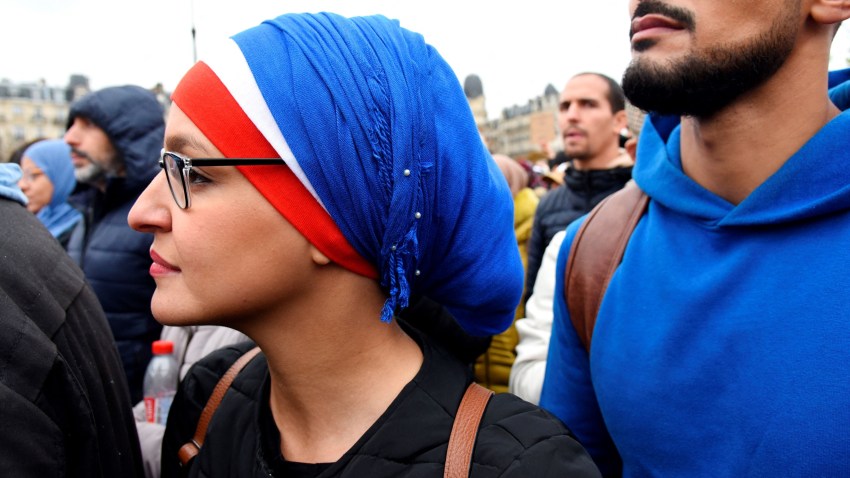In late August, just a week ahead of France’s famous rentrée—when the entire country marks “the return” from summer holiday and gets back to work and school—newly appointed Education Minister Gabriel Attal announced that students would be prohibited from wearing the abaya, a loose-fitting robe worn by some Muslim women as a form of modest clothing, in schools.
Predictably, the decision set off another round of trans-Atlantic disputes over the meaning of freedom of religion and the best way to guarantee it, with Americans accusing the French state of infringing on the rights of its Muslim citizens and the French accusing Americans of not understanding the nature of French secularism, or laïcité. The belief that the two countries have radically different approaches to secularism and the separation of church and state is now widespread, deeply entrenched—and wrong. In fact, the source of this dispute emerged relatively recently, and it represented a significant and controversial shift in the emphasis of French laïcité: the so-called headscarf law of 2004.
If the U.S. and the U.K. are two countries separated by a common language, the U.S. and France can often seem like two countries separated by common ideals. Both claim a vocation to advance and defend universal rights, including freedom of speech and freedom of religion. But whereas in the U.S. speech is inviolable from government interference, in France certain speech—like racist or antisemitic insults—is prohibited. Similarly, it is often observed that the U.S. approach to secularism protects freedom of religion, while French laïcité protects freedom from religion.

